"Locating a surviving veteran of World War I is an increasingly difficult task today, nearly seven decades after the "doughboys" first set foot in France. A veteran of the American Expeditionary Force, in good health and sound memory, is a valuable historical asset. So it was exciting to find 93 year-old Weldon 'AImy' Armfield living at the V. A. Hospital in Spokane, Washington. When complimented on his remarkable recollection of the past, Weldon replied that his brother, also a veteran living in Spokane, had an even better memory. He added that Walter, 95, was his older brother!"
At the time I edited a periodical called The Pacific Northwest Forum at Eastern Washington University. Kisebach was enrolled in a class called "Historical Writing and Editing" in which students learned digital publishing by working together on various theme issues. In this case, our theme was "Pacific Northwesterners in World War I," and Ted contributed a wonderful article titled, "Weldon and Walter Armfield: Two Spokane Veterans and a Diary." (Click title to see full text.)
Recently with the help of research assistants Lacey Sipos and Gave Rose I have been finding and digitizing photos and tape recordings I made years ago. One is a photograph of the Weldon and Walter:
Photo by Bill Youngs
They told us that they had first heard the famous World War I song, "Over There," while attending a concert at the Hippidrome, a huge theater iin New York City, during their basic training in 1917. In this sound clip they sing "Over There." Notice that they also discuss whether to sing in unison or to harmonize, and they recall that when they heard the song at the Hippodrome, a model troop ship was pulled onto the stage.
Weldon and Walter first heard "Over There" performed on this stage in 1917.
After December 9 there is a break in the diary, which was packed away for the sea voyage. The Armfields remembered the journey that began when they left Camp Mills. At Hoboken, New Jersey they boarded the USS Lincoln, a troop ship that was converted from a captured German cruiser, the Prince Eitel-Frederick.
Their convoy left New York harbor with the cruiser USS (10) Carolina as escort. They zigzagged to avoid V-boats, and soon reached the gulf stream. It had been bitter cold in New York, but now the men could sunbathe on deck. Though it was December, no lights were permitted after dark; so supper was served at 3 p.m. You didn't get hungry till later, recalled Weldon. Luckily he was assigned to KP duty during the entire voyage, and swiped food to share with his pals on deck after dark.
The trip took two weeks, and to pass the time the troops would visit with other soldiers from around the country who were also on board. The Spokane boys met a black troop from Alabama who were going over to be stevedores in Brest harbor. These men sang wonderfully well, especially this catchy tune:
I don't bother work, work don't bother me, That's why I'm as happy as a bum can be.
I eat when I can get it, I sleep most anywhere, As long as I can see the sun, I don't care ...
The troops of Company I liked "I Don't bother Work" so well that they made it their theme, singing it as they travelled France. The Armfields could sing the song from memory 68 years later.
The Lincoln arrived in Brest December 27, but the ship was too large to dock. The men waited on board until December 31, when a smaller vessel could pick them up. The captain of this lighter was British, and he told them, "Awfully nice of you fellows to come over here, but you're too late. It's over, we're beaten." Walter was the 76,671st of an eventual two million American soldiers to arrive in France. Looking back from today, the Englishman's pessimism seems unfounded.
You can read more about the Armfields by clicking here to go to Kisebach's article, "Two Pacific Northwesterners in World War I." But first listen as the brothers sing a famous World War I song of longing for the return home: "Keep the Home Fires Burning."
(You know you want to!)
If you enjoyed this article on World War I, you might also enjoy these entries:
•Memories of the Lafayette Escadrille at the American Cathedral in ParisThanks to Lacey Sipos for research assistance on this article.

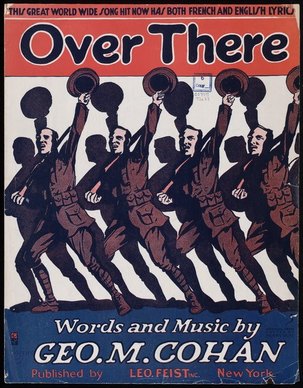
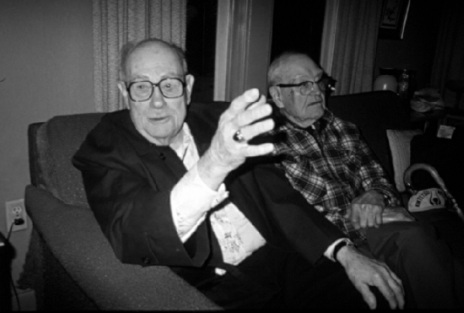
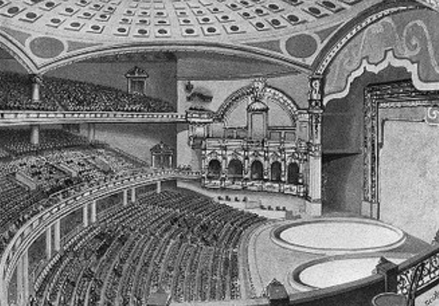
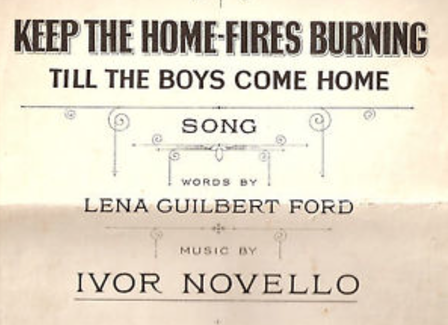
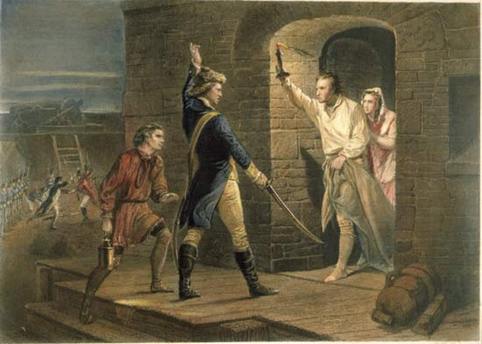
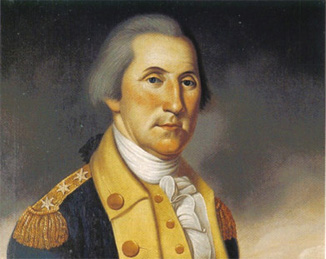

 RSS Feed
RSS Feed